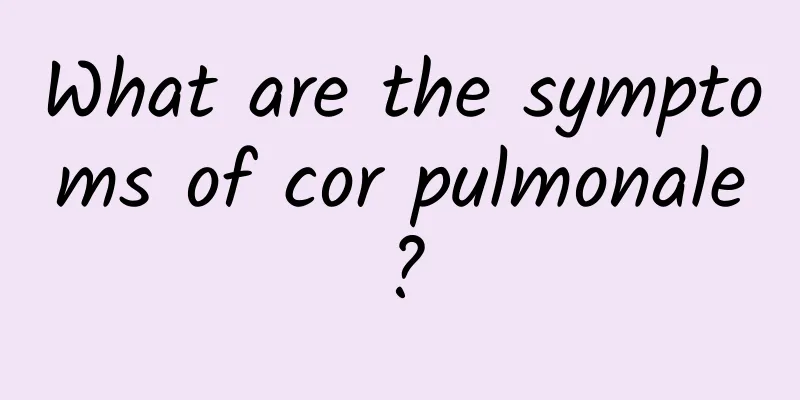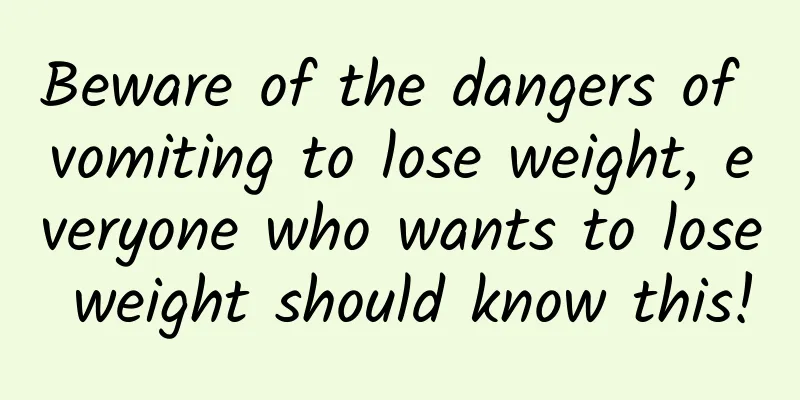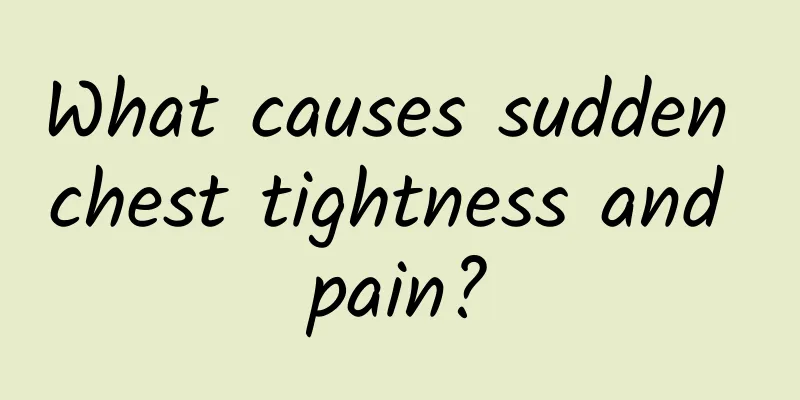What are the symptoms of cor pulmonale?

|
Cor pulmonale is a common disease, which is generally caused by bronchial and lung diseases, thoracic movement disorders, pulmonary vascular diseases, etc. During the onset period, patients will have obvious lower limb swelling, difficulty breathing, chronic cough, etc. In the later stage, they will also show serious phenomena such as respiratory failure. Once encountering this phenomenon, patients should go to the hospital for treatment in time. 1. Causes 1. Bronchial and lung diseases Chronic bronchitis complicated with obstructive pulmonary emphysema is the most common, followed by bronchial asthma, bronchiectasis, severe pulmonary tuberculosis, pneumoconiosis, chronic diffuse pulmonary fibrosis, sarcoidosis, allergic alveolitis, eosinophilic granuloma, etc. 2. Thoracic movement disorders Less common are severe posterior spondylosis, scoliosis, spinal tuberculosis, rheumatoid arthritis, extensive pleural adhesions, severe chest or spinal deformity caused by thoracoplasty, and neuromuscular diseases such as poliomyelitis. 3. Pulmonary vascular disease rare. Allergic granulomatosis involving the pulmonary arteries, extensive or recurrent multiple pulmonary arteriolar embolism and pulmonary arteritis, and primary pulmonary hypertension of unknown cause develop into cor pulmonale. 2. Clinical manifestations Chronic cor pulmonale is a heart disease caused by chronic bronchial, lung, thoracic or pulmonary arterial vascular diseases, which leads to increased pulmonary circulatory resistance and pulmonary hypertension, resulting in right heart hypertrophy and enlargement, with or without right heart failure. Acute cor pulmonale is mainly caused by sudden embolism of the main pulmonary artery or its main branches, which blocks most of the pulmonary circulation and leads to a sharp increase in pulmonary artery pressure, acute right ventricular dilatation and right ventricular failure. It is divided into the compensatory stage and the decompensatory stage according to its function. 1. Compensatory stage of lung and heart function (including remission stage) This stage is mainly characterized by the manifestation of chronic obstructive pulmonary disease (COPD). Chronic cough, sputum, shortness of breath, palpitations after activity, dyspnea, fatigue and decreased work endurance. Physical examination may show obvious signs of emphysema, weakened breath sounds on auscultation, occasional dry and wet rales, and mild edema in the lower limbs, which is obvious in the afternoon and disappears the next morning. The border of cardiac dullness is often difficult to percuss due to emphysema. Heart sounds are distant, but there may be a hyperactive second heart sound in the pulmonary valve area, suggesting pulmonary hypertension. The presence of a systolic murmur in the tricuspid valve area or cardiac pulsation under the xiphoid process often indicates right heart hypertrophy and enlargement. In some cases, emphysema increases the intrapleural pressure, obstructing the vena cava return, and the jugular vein may be seen to be full. As the diaphragm descends, the upper and lower edges of the liver move downward significantly. 2. Decompensated lung and heart function (including acute exacerbation) The main clinical manifestations of this stage are respiratory failure, with or without heart failure. |
<<: What are the effects of raw five spirit fat
>>: What are the effects and functions of Ze Lan?
Recommend
Consequences of being hit in the head with a fist
The nerves in the head are very complex, so when t...
Symptoms of vaginal wall bulging after normal delivery
Natural childbirth is the most common method of d...
How about zirconium dioxide all-ceramic teeth
People have good teeth, which makes eating very c...
What to eat for myocardial infarction
Myocardial infarction, as people often call it, i...
What are the methods for regulating liver and gallbladder damp-heat syndrome?
Many people are unfamiliar with the liver and gal...
Eczema itching relief method
Eczema is a more serious skin inflammation, which...
What diseases can thread embedding cure?
After thousands of years of evolution, traditiona...
How is Shaken Syndrome Diagnosed?
The main symptoms of shaking syndrome are poor me...
How to combine Maca without getting angry
The nutritional value of the Chinese herbal medic...
What medicine is effective for impetigo
Impetigo is a relatively common type of skin infl...
What to do if you have a cold stomach and get angry easily
It is actually quite difficult for people with co...
Umbilical cord blood sampling
I don’t know if all pregnant women have done umbi...
Scar-prone constitution
People's physiques are different every day. P...
Why do I sweat so much on my head?
Sweating a lot on the head is quite common in lif...
What is the cause of fever and high blood count?
Fever is a common phenomenon in our lives. There ...









